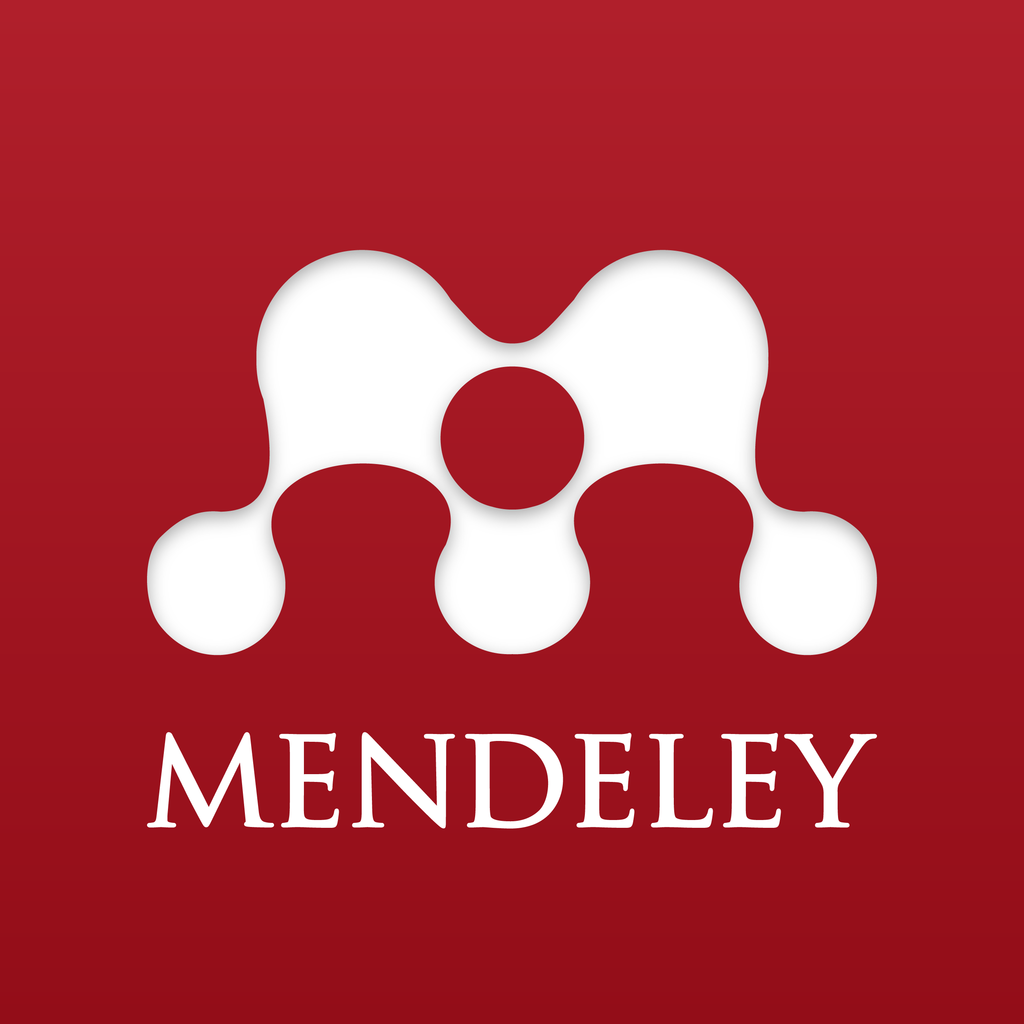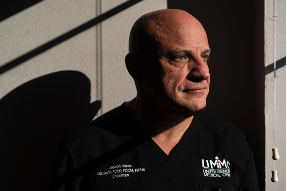Enteral nutrition with medium-chain triglyceride compared to total parenteral nutrition in patient with chylothorax
an evidence based case report
Abstract
Introduction: Chylothorax is associated with longer length of stay, higher morbidity, mortality, and hospitalization cost. The main principle of chylothorax therapy is to reduce the chylous flow. The current nutritional management of patients with chylothorax are a low fat diet with long chain triglyceride (LCT) restriction, enteral nutrition with high medium chain triglyceride (MCT), and total parenteral nutrition. However, low fat diet with LCT restriction takes quite a long time (around 3 weeks) and requires close monitoring due to risk for malnutrition, essential fatty acid, and micronutrient deficiencies. The nutritional management determines the success of conservative therapy in chylothorax patients. The aim of this study was to determine whether a high MCT enteral diet is more superior than total parenteral nutrition regarding the resolution of chylothorax. Method: Literature searching was conducted using advanced searching in three large databases: Pubmed, Science Direct, and ProQuest using eligibility criteria determined by the authors. Quality of evidences were assessed based on GRADE Guidelines. Level evidence was determined based on Oxford Center of Evidence-based Medicine (CEBM). Result: Three systematic reviews and one cohort met the PICO and eligibility criteria that had been set. Two studies concluded that enteral nutrition was better than parenteral nutrition. One study concluded that parenteral nutrition could be considered first and one study could not conclude which kind of nutrition was better. Conclusion: Administration of high MCT enteral nutrition can be the first line therapy in patients with chylothorax and still need close monitoring during the administration. One of the factors that need to be monitored is the daily production of chylothorax volume. The results shown by these studies are inconsistent and warrant further research of high-quality studies regarding the treatment of chylothorax.Downloads
References
Rudrappa M, Paul M. Chylothorax. In: StatPearls [Internet]. Treasure Island (FL): StatPearls Publishing; 2023 [cited 2023 Jun 7]. Available from: http://www.ncbi.nlm.nih.gov/books/NBK459206/
Marino LV, Bell KL, Woodgate J, British Dietetic Association Paediatric Cardiology Interest Group, Doolan A. An international survey of the nutrition management of chylothorax: a time for change. Cardiol Young. 2019 Sep;29(09):1127–36.
Schild HH, Strassburg CP, Welz A, Kalff J. Treatment Options in Patients With Chylothorax. Dtsch Ärztebl Int. 2013 Nov;110(48):819–26.
Petrella F, Casiraghi M, Radice D, Bertolaccini L, Spaggiari L. Treatment of Chylothorax after Lung Resection: Indications, Timing, and Outcomes. Thorac Cardiovasc Surg. 2020 Sep;68(6):520–4.
Bibby AC, Maskell NA. Nutritional management in chyle leaks and chylous effusions. Br J Community Nurs. 2014 Oct;Suppl Nutrition:S6-8.
Pediatric pulmonary lymphatic flow Disorders: Diagnosis and management. Paediatr Respir Rev. 2020 Nov 1;36:2–7.
Power R, Smyth P, Donlon NE, Nugent T, Donohoe CL, Reynolds JV. Management of chyle leaks following esophageal resection: a systematic review. Dis Esophagus. 2021 Nov 11;34(11):doab012.
Zheng J, Chen YY, Zhang CY, Zhang WQ, Rao ZY. The retrospective research of enteral nutrition with medium-chain triglyceride and total parenteral nutrition support of postoperative chylothorax in adults. SAGE Open Med. 2020 Jan;8:205031212093822.
Smith R, Higginson J, Breik O, Praveen P, Parmar S. Nutritional management of chyle leak after head and neck surgery: a systematic review and proposed protocol for management. Oral Maxillofac Surg [Internet]. 2023 Apr 4 [cited 2023 Jun 7]; Available from: https://link.springer.com/10.1007/s10006-023-01152-8
Robinson A, Kennedy L, Roper T, Khan M, Jaunoo S, on behalf of the Brighton Oesophago-Gastric Research Group. The management of chyle leak post-oesophagectomy for oesophageal carcinoma: a systematic review. Ann R Coll Surg Engl. 2022 Jul;104(7):480–9.
Sriram K, Meguid RA, Meguid MM. Nutritional support in adults with chyle leaks. Nutrition. 2016 Feb;32(2):281–6.
Weijs TJ, Ruurda JP, Broekhuizen ME, Bracco Gartner TCL, van Hillegersberg R. Outcome of a Step-Up Treatment Strategy for Chyle Leakage After Esophagectomy. Ann Thorac Surg. 2017 Aug;104(2):477–84.
Steven BR, Carey S. Nutritional management in patients with chyle leakage: a systematic review. Eur J Clin Nutr. 2015 Jul;69(7):776–80.
Low DE, Alderson D, Cecconello I, Chang AC, Darling GE, D’Journo XB, et al. International Consensus on Standardization of Data Collection for Complications Associated With Esophagectomy: Esophagectomy Complications Consensus Group (ECCG). Ann Surg. 2015 Aug;262(2):286.
Muzzolini M, Araujo RLC, Kingham TP, Peschaud F, Paye F, Lupinacci RM. Incidence and risk factors for Chyle leak after pancreatic surgery for cancer: A comprehensive systematic review. Eur J Surg Oncol. 2022 Apr;48(4):707–17.
Submitted
Copyright (c) 2024 Chintya Tedjaatmadja, Yohannessa Wulandari

This work is licensed under a Creative Commons Attribution 4.0 International License.
World Nutrition Journal provides immediate open access to its content under the Creative Commons Attribution License (CC BY 4.0). This permits unrestricted use, distribution, and reproduction in any medium, provided the original work is properly cited.













